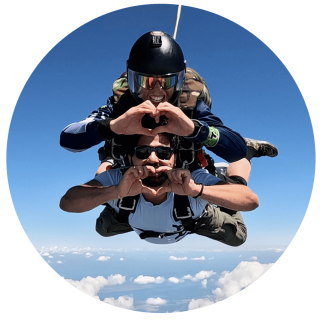Does Your Stomach Drop When You Skydive?
DZ News
Posted by: Parachute Ottawa
5 months ago
Love it or hate it, everyone knows exactly what the “stomach drop” of falling feels like. And that sensation tends to be quite a polarizing topic. Those that love it can’t get enough, and haters want to avoid it at all costs.
So, what does skydiving feel like? Does your stomach drop when skydiving? This can be an important answer for adventure seekers who would rather go without the butterflies, thank you very much!
The feeling of skydiving can best be described as windy floating. Keep reading to learn more about what skydiving feels like and how you can prepare your belly for a great time in the sky.
What Does Skydiving Feel Like?
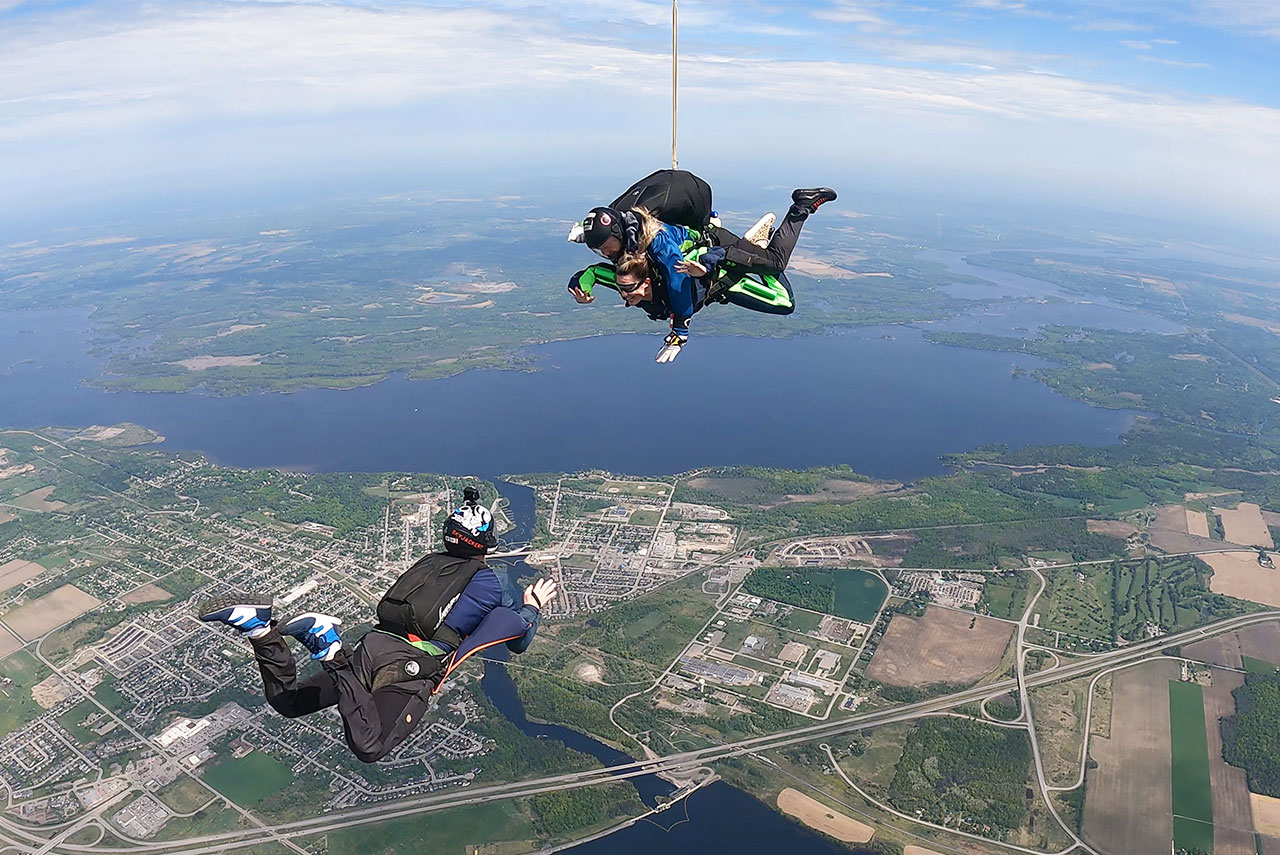
Before we answer that question, we have one of our own: which part? The full experience of skydiving is made up of multiple phases, and each one comes with unique sensations:
The plane ride – the definition of anticipation! A skydiving plane is typically much smaller than a commercial jet, and the interior has been modified to accommodate the specific needs of skydivers. You’ll find yourself in new positions, climbing around the plane like a jungle gym, and the buzz of excitement will resonate throughout the entire cabin. But don’t be so nervous that you forget to peep the amazing views on your ride up!
Exiting the plane is the moment people are most scared of. Relinquishing the security of the airplane for the freedom of the sky. The ultimate act of letting go! And that’s exactly what exit feels like – a mix of fear and courage, trust, and liberation.
Freefall is what people are referring to when asking what skydiving feels like. Freefall feels a lot like flying, actually! Or, to be more accurate, floating, with none of those ticklish butterflies fluttering around in your stomach. Just beautiful landscapes spread out in all directions, the wind whipping past your ears, and the feeling of being cushioned by a bubble of air. It’s the pure bliss of living in the moment.
The parachute ride is the perfect complement to the intensity of freefall. Time spent under parachute is peaceful, quiet, and breathtaking. The sensations are like a smooth-soaring bird! And one of the best parts of the parachute ride is it can be as calm or as exciting as you want it to be. Parachutes are highly steerable and are able to glide effortlessly or cut through the air like race cars!
Landing is that critical period of transition between being airborne and being back on your own two feet. And, as long as you listen to your instructor and lift your legs on their command, it’s easy peasy.
Our other favorite word for describing what skydiving feels like is freedom. But so many others apply, and each person’s experience is unique. Check out what we have to offer and find out for yourself!
Skydiving vs. Roller Coasters
If you’ve never been skydiving before, it can be hard to believe that your stomach would drop on a roller coaster but not from a fall many times higher than the highest roller coaster hill. But the reality is a simple matter of science.
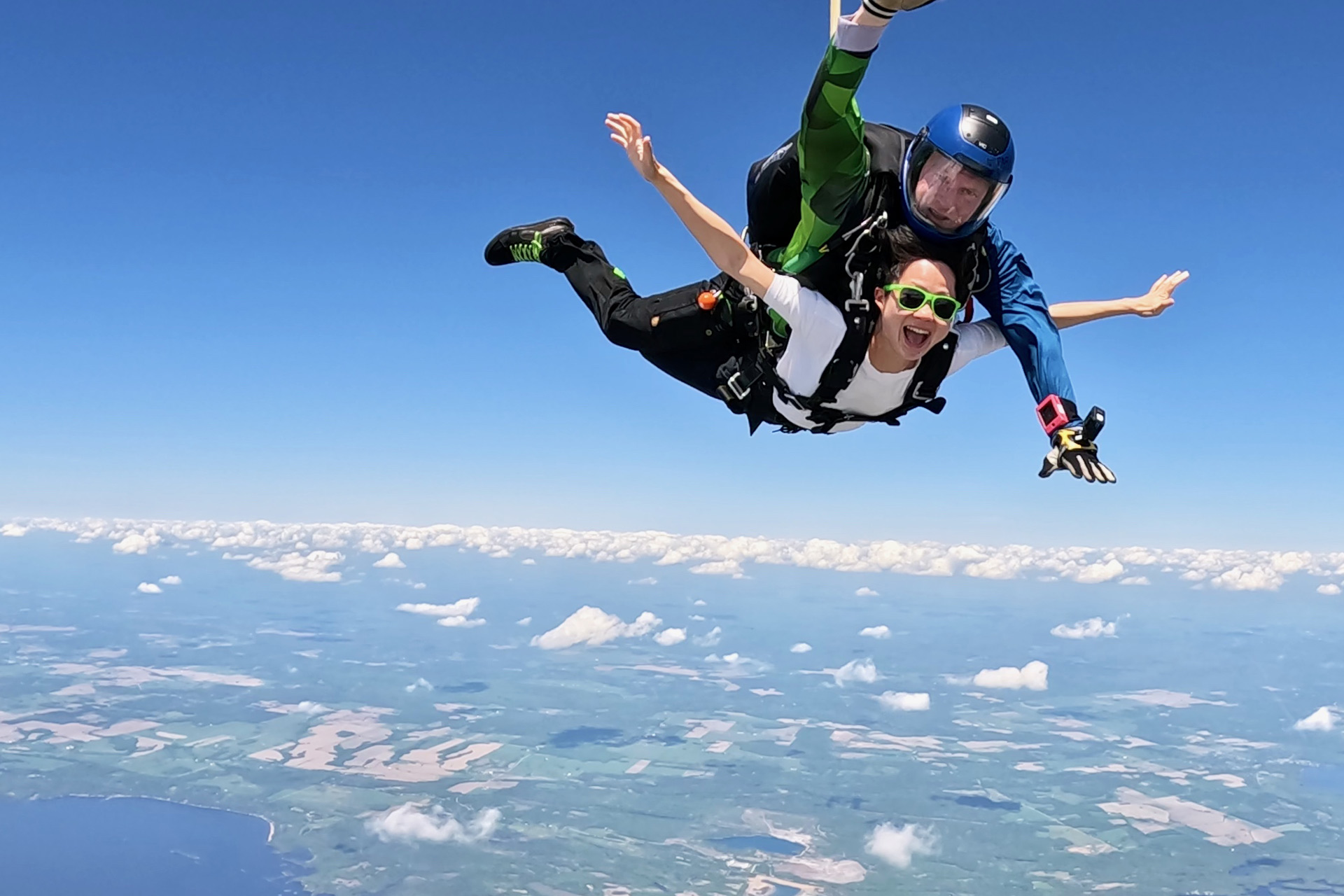
The main reason skydiving doesn’t cause that stomach drop feeling is because our brains actually have no way to comprehend our fall during a skydive. Being out in the open air means that your eyes and brain have no point of reference by which to measure your speed. All of those struts and trusses on roller coaster tracks? They signal proximity in your brain and increase your body’s reaction to any earthbound movements.
Skydiving is also so high that the human brain can’t fathom the distance. It’s almost as if a sensory overload temporarily shuts down the processing center responsible for calculating distance and movement. Even the tallest roller coaster hill is much closer to the ground than a skydive, and your brain has all of that winding track to remind it of oncoming perils. This is also exactly why people who are afraid of heights are often okay with skydiving!
What’s more, you’re already moving super fast in a plane. When you exit, you speed up until you reach terminal velocity – which is when the forces pulling you down (gravity) are equal to the forces holding you up (wind resistance). This also takes away from the falling sensation.
Beyond the science, though, is the nature of the skydive itself. Freefall is actually a smooth, controlled descent that doesn’t shock your body with spontaneous changes. Once you exit that door, it’s nothing but the velvety sky. So, if there’s any part of skydiving that makes your stomach drop, it’s the parachute ride. And if you’re not into that feeling, just tell your instructor and they’ll deliver a mild ride instead of a wild one.
Pre-Jump Eating/Drinking
Even though skydiving may not cause your stomach to drop, it’s still important to plan a nutritious meal to set yourself up for success. Eating a balanced meal and staying hydrated throughout the day will help your body regulate stress and keep you alert.
Start your day with a light, satisfying breakfast, and be sure to bring snacks to keep your belly feeling good while you’re on the ground. Things like bad weather can delay jump times, and you don’t want to be stuck hungry while you wait. Possibly even more important than food is hydration, hydration, hydration. Be sure you’re drinking water regularly throughout the day and listening to what your body needs!
And, speaking of drinking, avoid alcohol the night before and certainly the day of. We can’t take you on a jump if you’re under the influence, and even having a hangover is a great way to put a damper on your experience. Save the celebration for after your jump!
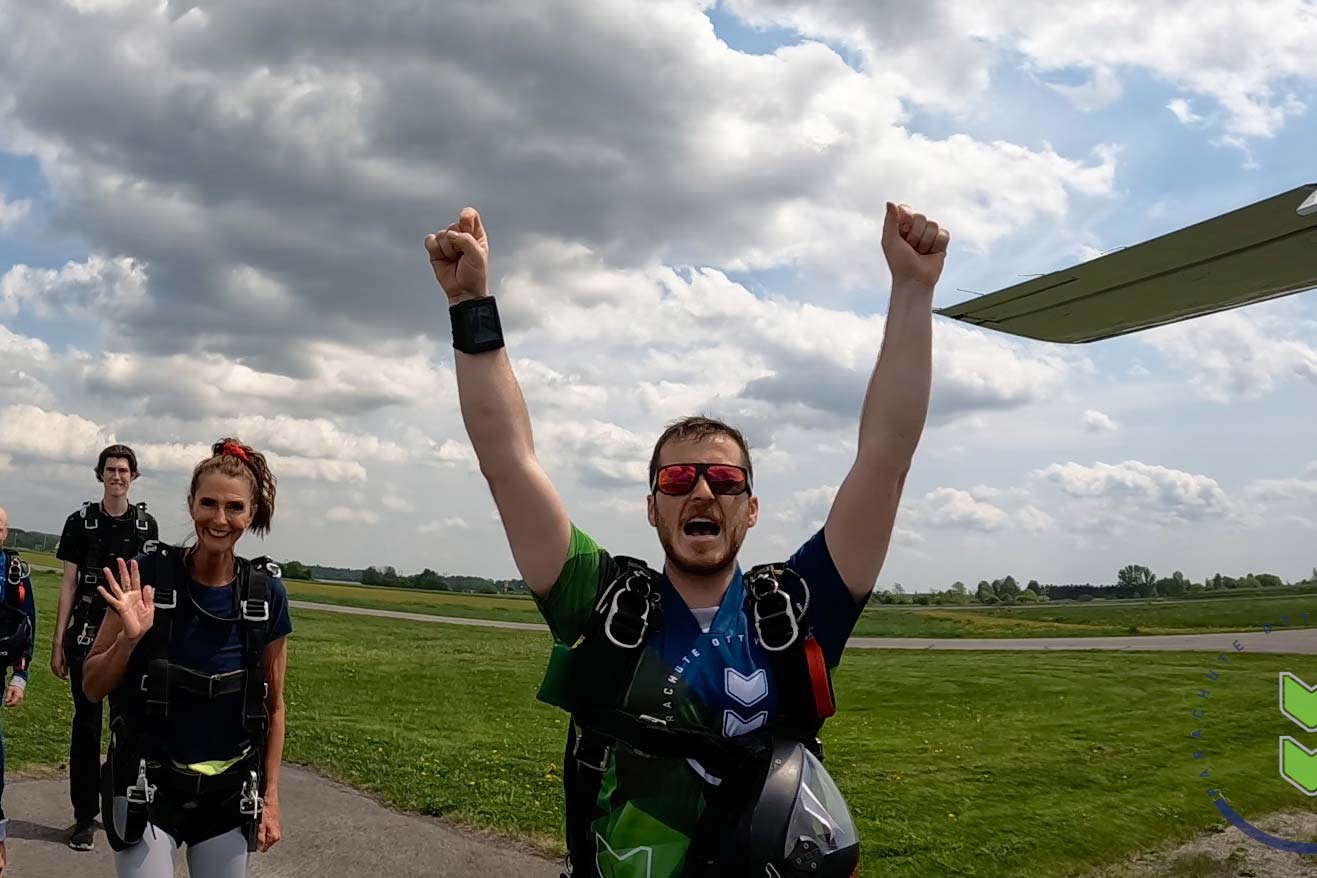
Unsure if you can handle the sensations of skydiving? Feel free to reach out and talk to us before booking your jump!
Categories:
You May Be Interested In:
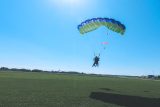
How Do Skydivers Know Where to Land?
2 weeks ago by Parachute Ottawa

Understanding the Skydiving Student Program Pathway
3 weeks ago by Parachute Ottawa
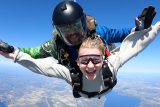
Skydiving Anxiety and How You Can Prepare
2 months ago by Parachute Ottawa
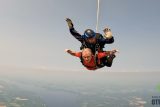
PO Feature: Skydiving is for All Abilities
3 months ago by Parachute Ottawa
